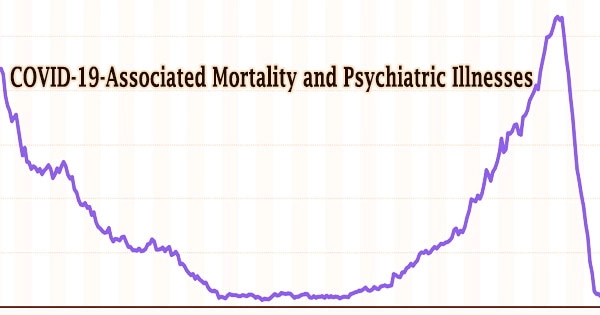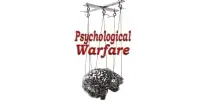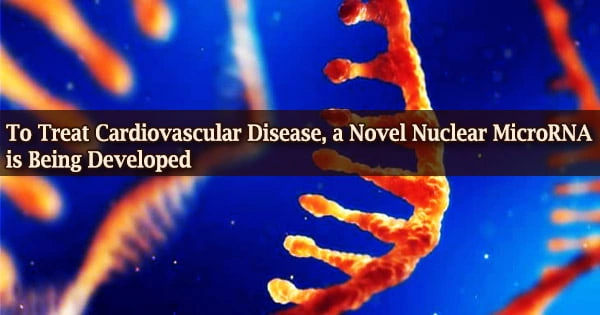A lot of studies have looked into the link between psychiatric problems and COVID-19 death. Benedetta Vai and colleagues analyzed data from a large number of these studies to see whether psychiatric diseases and types of psychiatric drugs are linked to a higher risk of death. Their findings were recently published in The Lancet Psychiatry.
The researchers looked through numerous databases for studies published between January 1, 2020, and March 5, 2021, that compared COVID-19 outcomes for patients with pre-existing psychiatric problems versus those without.
They chose a subset of studies that met particular criteria from these papers. They found 23 articles that fit their criteria and used meta-analytic techniques to aggregate the data.
There are many various types of mental diseases, each with its own set of symptoms. They are characterized by a mix of anomalous thoughts, perceptions, emotions, behavior, and interpersonal connections.
Nearly 1.5 million COVID-19 patients were included in the final study. Approximately 44,000 of them had a prior psychiatric disease. Patients with schizophrenia and psychotic disorders, bipolar and depressive disorders, anxiety and stress-related disorders, substance use disorders, intellectual disability, and developmental disabilities were also included in the study.
The researchers also looked into the link between COVID-19 mortality and antipsychotic, depressive, and anxiolytic medication use.
Individual characteristics such as the ability to manage one’s thoughts, emotions, behaviors, and interactions with others are determinants of mental health and mental disorders, as are social, cultural, economic, political, and environmental factors such as national policies, social protection, living standards, working conditions, and community support.
People who suffer from psychosis or mental problems may have aberrant inflammatory responses. Patients with mental problems, particularly psychotic or mood disorders, are at a greater risk of dying from COVID-19, according to health care specialists.
What did their analysis demonstrate?
Individuals with pre-existing mental illnesses had a twofold increased risk of dying from COVID-19, according to the researchers. Anxiety and stress-related illnesses were the only conditions that were not linked to an increased risk of death.
Pre-existing psychotic illnesses and mood disorders had the strongest link between psychiatric disease and increased COVID-19 mortality. Substance use disorders, more than any other psychiatric disease, were linked to the highest likelihood of requiring hospitalization.
Antipsychotic and antianxiety medicines were also linked to an increase in COVID-19-related mortality. Antidepressants, on the other hand, were not. The researchers were unable to identify how much of the danger connected with psychotropic medicines was related to the higher risk associated with the underlying condition being treated with such medications, according to the researchers.
Interestingly, there was a link between anxiolytic drugs and mortality, despite the fact that anxiety disorders were not linked to death. Anxiolytics, on the other hand, are used to treat a variety of psychiatric disorders and can have a direct influence on breathing, which could explain why people with COVID-19 have a higher rate of morbidity.
Why are psychosis and mood problems linked to a higher risk of death in COVID-19 patients?
There are probably multiple explanations for this. Individuals with these conditions frequently have poorer self-care. Furthermore, some patients with these disorders may not receive proper medical care for underlying medical issues that raise the risk of COVID-19-related death.
Furthermore, people who suffer from psychosis or mental problems may have aberrant inflammatory responses. Patients with mental problems, particularly psychotic or mood disorders, are at a greater risk of dying from COVID-19, according to health care specialists.
Increased efforts at COVID-19 prevention methods are critical for the entire population, but especially for high-risk groups.
















